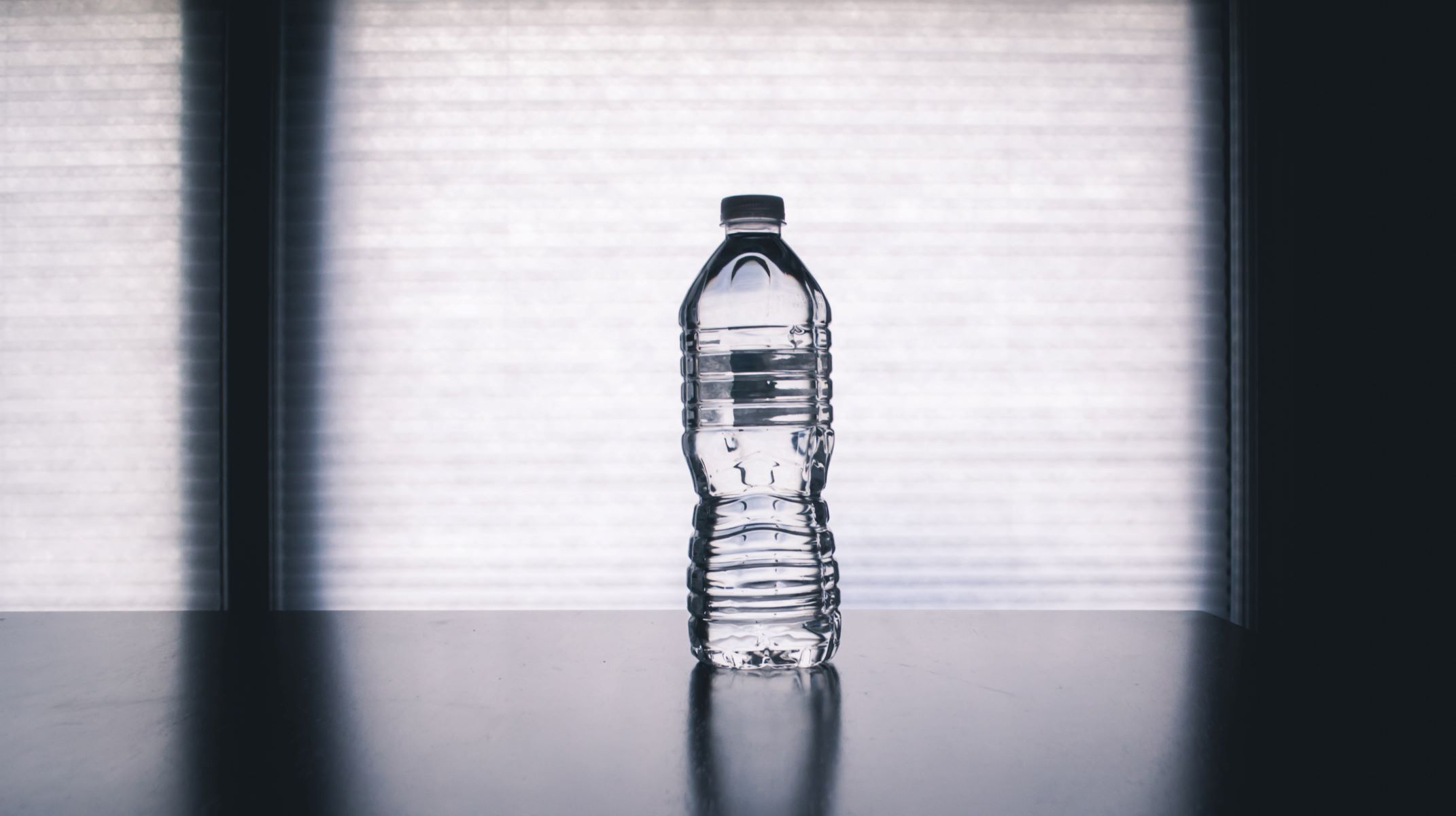
When it comes to our health, we often focus on the food we eat and the exercises we do. However, one often overlooked aspect of our daily routine is the type of water bottle we use. Did you know that the choice of your water bottle can have a significant impact on your nutrition? That’s right – the composition of the water bottle can affect the quality of the water you drink, thus impacting your overall health and well-being.
In this article, we will explore 10 fascinating nutrition facts about water bottles. From the materials used to make them to the potential health risks associated with certain types of bottles, we will cover a wide range of information to help you make informed decisions when choosing the right water bottle for your needs. So, let’s dive right in and discover the world of water bottle nutrition!
Key Takeaways:
- Stay hydrated with water bottles to support overall health, weight management, and healthy skin. Look for added electrolytes, vitamins, and minerals for extra benefits.
- Water bottles offer a convenient way to stay hydrated on the go, promoting cognitive function and detoxification. Choose calorie-free water for a healthier choice.
Hydration is essential for overall health.
Staying properly hydrated is crucial for maintaining optimal bodily functions. Water bottles provide a convenient way to ensure we meet our daily hydration needs.
Water is a calorie-free beverage.
Unlike sugary drinks, water contains no calories, making it a healthier choice for hydration.
Water is a natural detoxifier.
Drinking water helps eliminate toxins from our body, promoting better digestion and overall detoxification.
Electrolytes can be found in some water bottles.
Some water bottles are enhanced with electrolytes, such as potassium and sodium, which are important for maintaining the body’s balance of minerals.
Some water bottles may contain added vitamins.
Certain water bottles are fortified with essential vitamins like vitamin C, providing an extra nutritional boost.
Water bottles can be a source of minerals.
Mineral water bottles often contain beneficial minerals like calcium and magnesium, contributing to our daily nutrient intake.
Drinking water can promote weight loss.
Water acts as a natural appetite suppressant and can help us feel fuller, aiding in weight management and promoting a healthy metabolism.
Water is essential for maintaining healthy skin.
Staying hydrated with water bottles allows our skin to be properly moisturized, reducing the risk of dryness and promoting a healthy complexion.
Drinking water can improve cognitive function.
Dehydration can impair cognitive performance and lead to decreased concentration. By staying hydrated with water bottles, we can enhance our mental clarity and focus.
Water bottles provide convenience on the go.
Water bottles allow us to stay hydrated while on the move, whether we are at work, exercising, or traveling.
In conclusion, water bottle nutrition facts remind us of the importance of staying hydrated and making conscious choices about the beverages we consume. Incorporating water bottles into our daily routine can have numerous benefits for our overall health and well-being.
Conclusion
In conclusion, understanding the nutrition facts of water bottles is essential for maintaining a healthy lifestyle. While water itself doesn’t contain any specific nutrients, it plays a vital role in hydrating our bodies and supporting overall well-being. By being aware of the different types of water available and their nutritional benefits, you can make informed choices about your hydration needs. Remember to check the labels for any added vitamins or minerals if you are looking for enhanced hydration. Incorporating water into a balanced diet, along with nutrient-rich foods, will help you stay properly hydrated and maintain optimal health.
FAQs
1. Are there any calories in water bottles?
No, water itself does not contain any calories. It is calorie-free and a great option for hydration without adding extra calories to your diet.
2. Do water bottles provide any vitamins or minerals?
While water does not naturally contain vitamins or minerals, some brands may add them to their products. Be sure to check the labels for any added nutrients or choose water options that are fortified with vitamins or minerals if that is your preference.
3. Can drinking water from a bottle boost my metabolism?
While drinking water, whether from a bottle or any other source, can temporarily increase your metabolism, the effect is minimal. Sustained changes in metabolism require a combination of factors such as exercise, a balanced diet, and overall lifestyle habits.
4. Are there any alternatives to water bottles for hydration?
Yes, apart from water, you can stay hydrated by consuming other fluids like herbal tea, coconut water, or fruit-infused water. These options can provide additional nutrients along with hydration.
5. How much water should I drink each day?
The recommended daily water intake varies depending on factors such as age, sex, activity level, and overall health. It is generally recommended to drink eight 8-ounce glasses of water per day, but individual needs may vary.
Was this page helpful?
Our commitment to delivering trustworthy and engaging content is at the heart of what we do. Each fact on our site is contributed by real users like you, bringing a wealth of diverse insights and information. To ensure the highest standards of accuracy and reliability, our dedicated editors meticulously review each submission. This process guarantees that the facts we share are not only fascinating but also credible. Trust in our commitment to quality and authenticity as you explore and learn with us.
